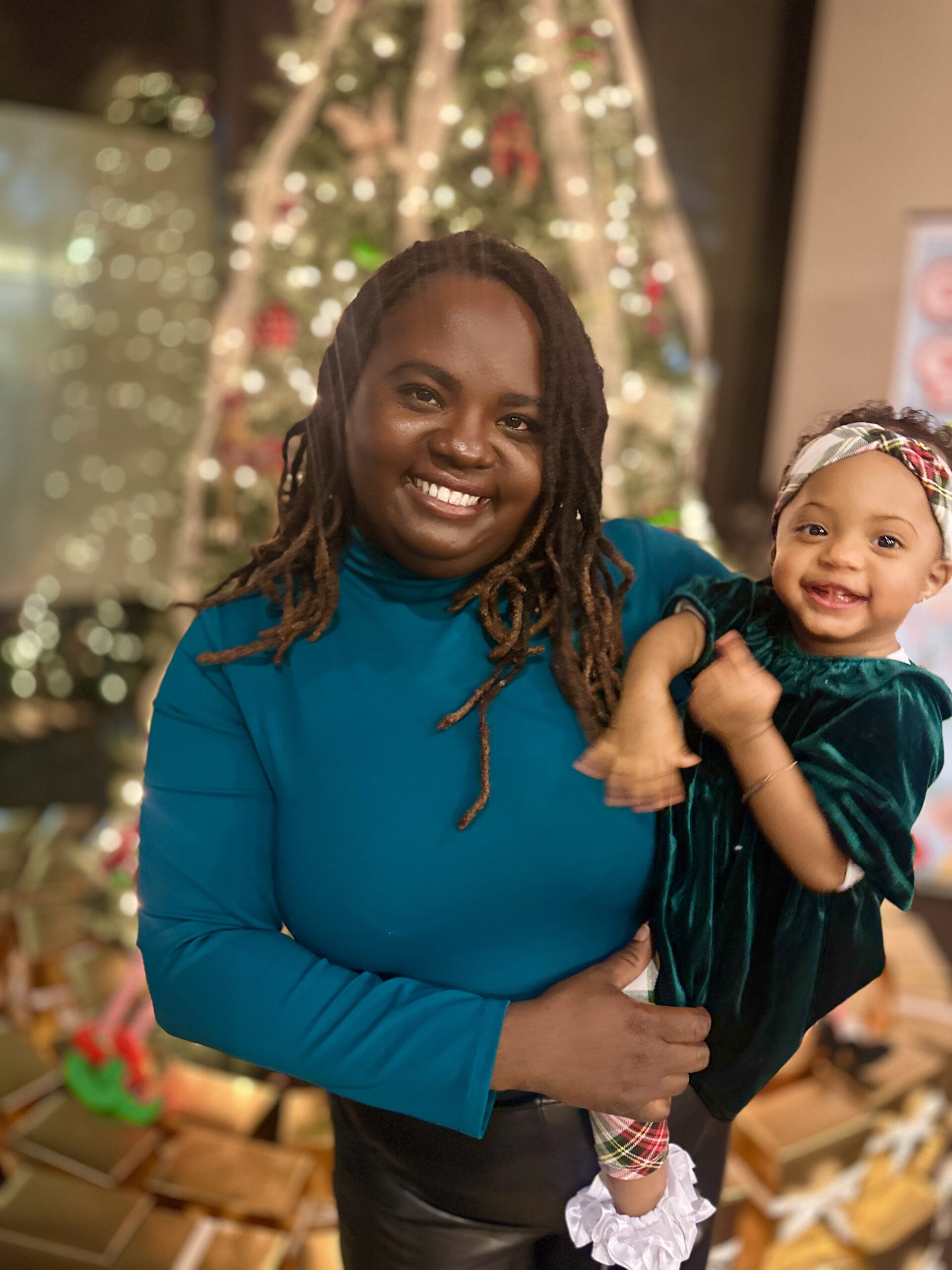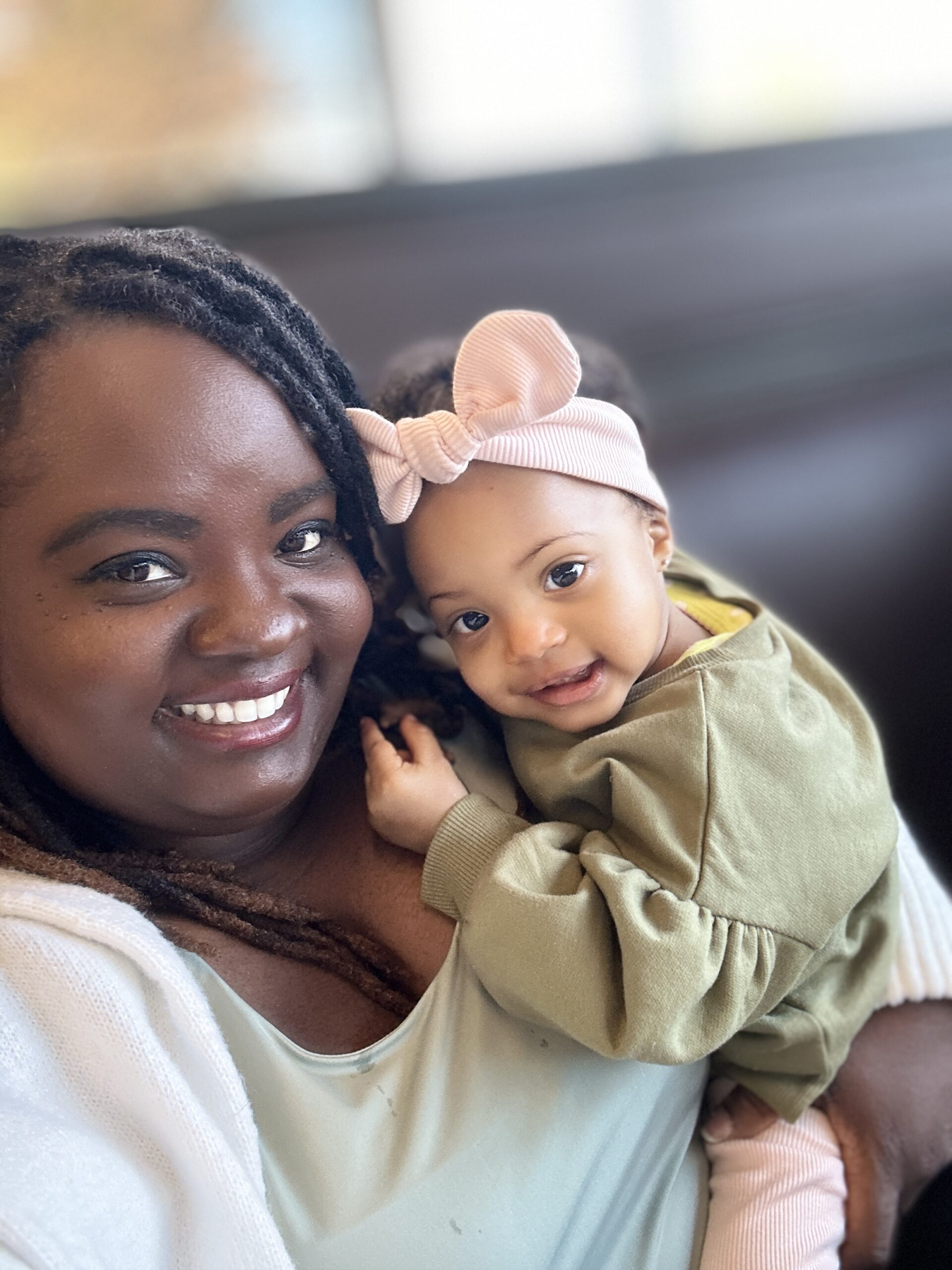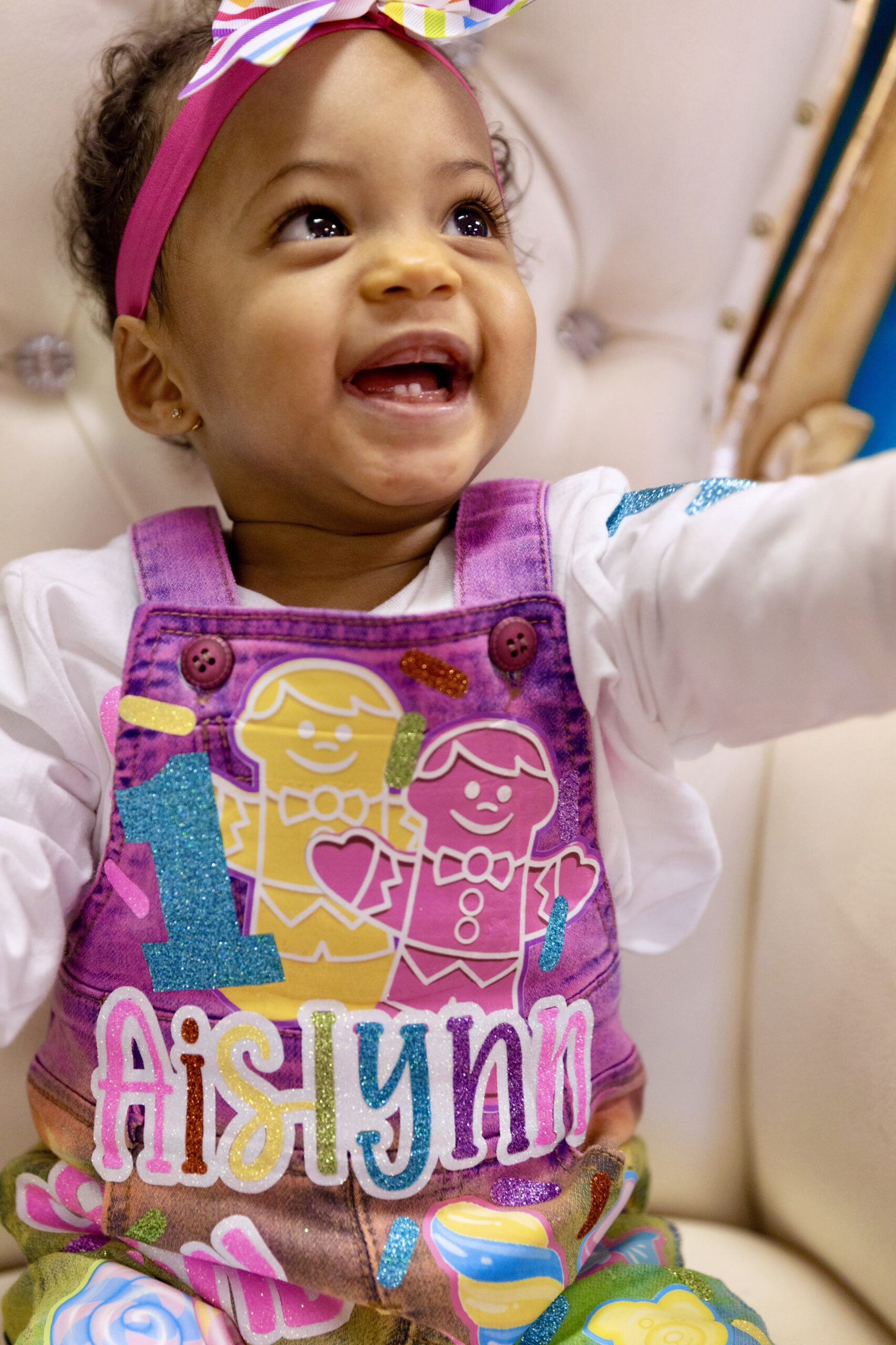
Polycystic Ovary Syndrome (PCOS) is a complex hormonal condition that impacts millions of women worldwide, often leading to challenges with fertility and significant emotional and physical struggles.
The Start of the Journey
For Alexis Warren, the journey first began in her teens.
“At the time, I didn’t know what was going on with my body. I believe I was around 16 or 17 when I stopped having regular cycles. Initially, I was put on birth control—Depo shots—to regulate things, but it didn’t really work for my body,” Warren tells BlackDoctor.org.
Warren’s underlying condition remained misunderstood and undiagnosed for years.
“We tried other types of pills with more estrogen, but the symptoms persisted. Sometimes, I would get cycles if I was stressed out, but then I would go months without having one. We never really knew what the issue was,” Warren adds.
At 20 years old, Warren finally learned what was happening with her body when a gynecologist diagnosed her with PCOS.
“She said it sounded like PCOS. I had never heard of it before. She ran some bloodwork and other tests, and the results confirmed that I had PCOS,” Warren recalls.
This revelation left Warren grappling with feelings of inadequacy and insecurity, particularly as societal pressures tied womanhood to fertility.
“The biggest thing I remember taking away from that conversation was the issue of infertility. At the time, I didn’t want to think about that possibility. I sought a second opinion from another doctor, and they confirmed the diagnosis,” Waren says. “It was hard because I felt like less of a woman compared to others. I had all the common symptoms: weight gain, especially in my belly area, irregular cycles, and more. It was tough to hear about the infertility aspect, and it created a lot of insecurities for me.”

Choosing Single Motherhood
Faced with the challenge of infertility, Warren made a bold decision: to become a mother through in-vitro fertilization (IVF) as a single parent.
“I was in college when I realized that becoming a mother was something I wanted deeply. After I graduated, I started researching fertility options. But early on, I felt insecure about discussing it with people. I grew up in a household where marriage and having kids were seen as something that ‘completed’ a woman,” Warren says.
“I always carried this fear of being judged. I didn’t want anyone to look at me and think I wasn’t complete because I didn’t have kids or wasn’t married. It wasn’t until my late 20s and early 30s that I started to really think seriously about becoming a mother,” Warren adds.
Warren also recalls the judgment she encountered from others, including a partner who ended their relationship due to her fertility challenges.
RELATED: PCOS Warrior Shares 10 Things They Don’t Tell You About Miscarriages
“When I did start dating, I was upfront about my fertility issues. I would tell the person early on, ‘This is my situation. How do you feel about it?’ Some were understanding, but others weren’t,” Warren shares. “I remember one relationship vividly. The person was fine at first, but later, during the holidays, he told me he didn’t feel like I could bear his children, and he ended things. It was devastating.”
Despite these setbacks, Warren remained steadfast in her goal, saving for three years and thoroughly researching her options. She ultimately chose IVF over adoption, embracing the opportunity to have a biological child.

Navigating the IVF Process
The IVF journey was both empowering and emotionally taxing. Warren chose CNY Fertility, a clinic known for its compassionate care and affordability.
“When I finally went to CNY Fertility, my doctor was amazing. On the day of my embryo transfer, she held my hand and prayed with me. That moment meant the world to me because I was alone—my family couldn’t be there,” Warren recalls. “That experience made me feel supported and cared for, even during such an emotional time.”
While IVF was successful, Warren emphasizes the importance of being prepared for the unexpected. From complications during pregnancy to unforeseen delivery challenges, she stresses the need for mental, emotional, and financial readiness.
Motherhood and Lessons Learned
Motherhood has transformed Warren’s life, teaching her to prioritize her health and slow down to cherish the present. She describes her daughter as the light of her life, inspiring her to become more intentional in every aspect of her journey.
“Motherhood has changed everything for me. I’m more intentional with my time, my health, and my relationships. I used to be constantly on the go, but now I take breaks and focus on being present for my daughter,” Warren shares. “I’ve also learned to ask for help when I need it. I’m no longer embarrassed to say, ‘I need support.’ My daughter has made me more protective and emotional in a good way. Everything I do now is with her in mind.”
RELATED: KeKe Palmer’s Says PCOS Diagnosis Changed Her Life
Looking ahead, Warren plans to expand her family while applying the lessons learned during her first experience. She advises others to embrace flexibility and remain open to the twists and turns that inevitably arise.

Advice for Women Facing PCOS and Infertility
Warren shares several key recommendations for women navigating similar challenges:
Plan with Purpose
“My motto has always been ‘Plan with a purpose.’ Don’t give up on yourself,” Warren advises. “There will be moments of frustration, anger, and sadness. I remember crying out to God, asking, ‘Why can’t I have children?’ Being a mother has always been my purpose. If that’s what you want, don’t let other people’s opinions sway you.”
Seek Supportive Communities
Social media and online groups can be invaluable resources for connecting with others who understand your journey.
“Don’t underestimate the power of community. Social media was one of my biggest resources. I found support groups on Facebook and YouTube that helped me understand my body, my options, and the entire IVF process,” Warren adds.
Educate Yourself
Research all available options and advocate for yourself when dealing with medical professionals.
“Be open to trying new things—connect with others, ask questions, and advocate for yourself. Sometimes, you have to step outside of your immediate community to find the answers you need,” Warren notes.
Prepare Emotionally and Financially
Understand the costs and emotional toll of treatments like IVF, and give yourself grace to process the ups and downs.
“When you’re planning for single motherhood, take your time. Research everything—from doctors to donors to clinics. Make sure you’re emotionally, mentally, and financially prepared,” Warren says.
Celebrate Your Strength
Reject societal judgments and embrace the courage it takes to pursue motherhood, whether through IVF, adoption, or other means.
“Don’t feel guilty about your decision. People will ask rude questions, like, ‘Why are you doing this alone?’ or ‘Where’s the father?’ You have to be confident and stand by your decision because you’re bringing a life into this world, and that’s a beautiful thing,” Warren shares.








